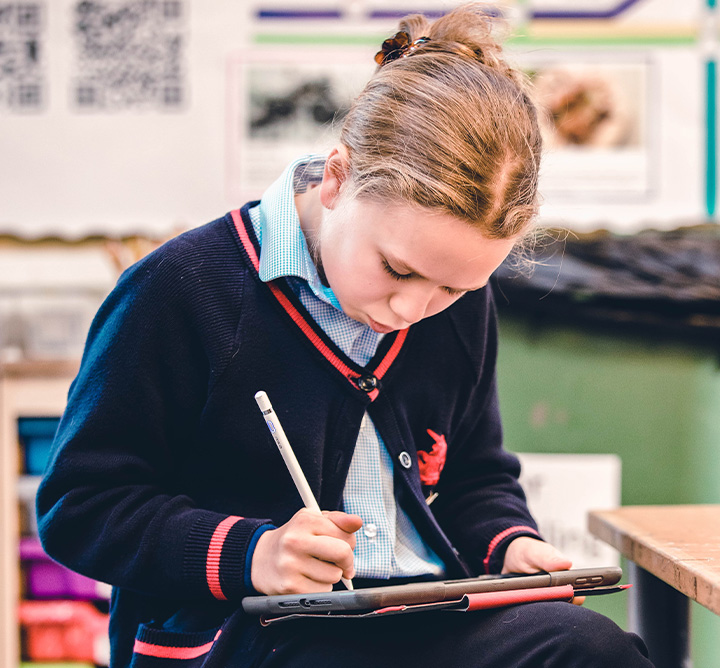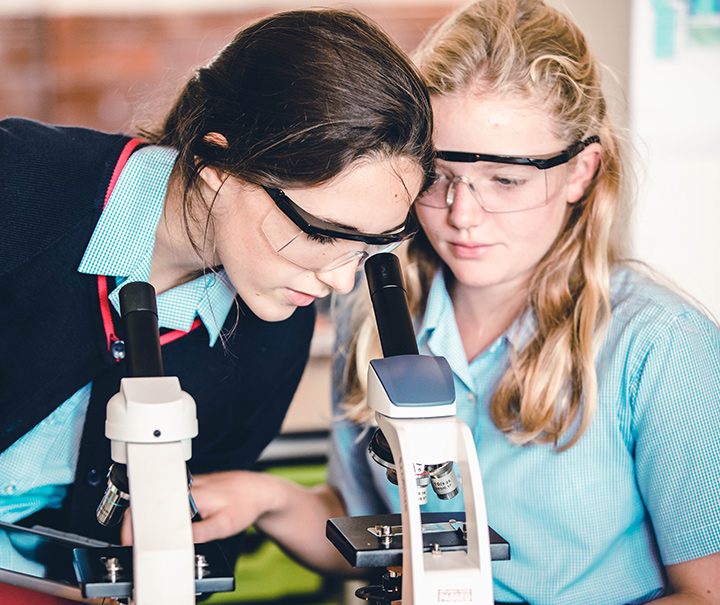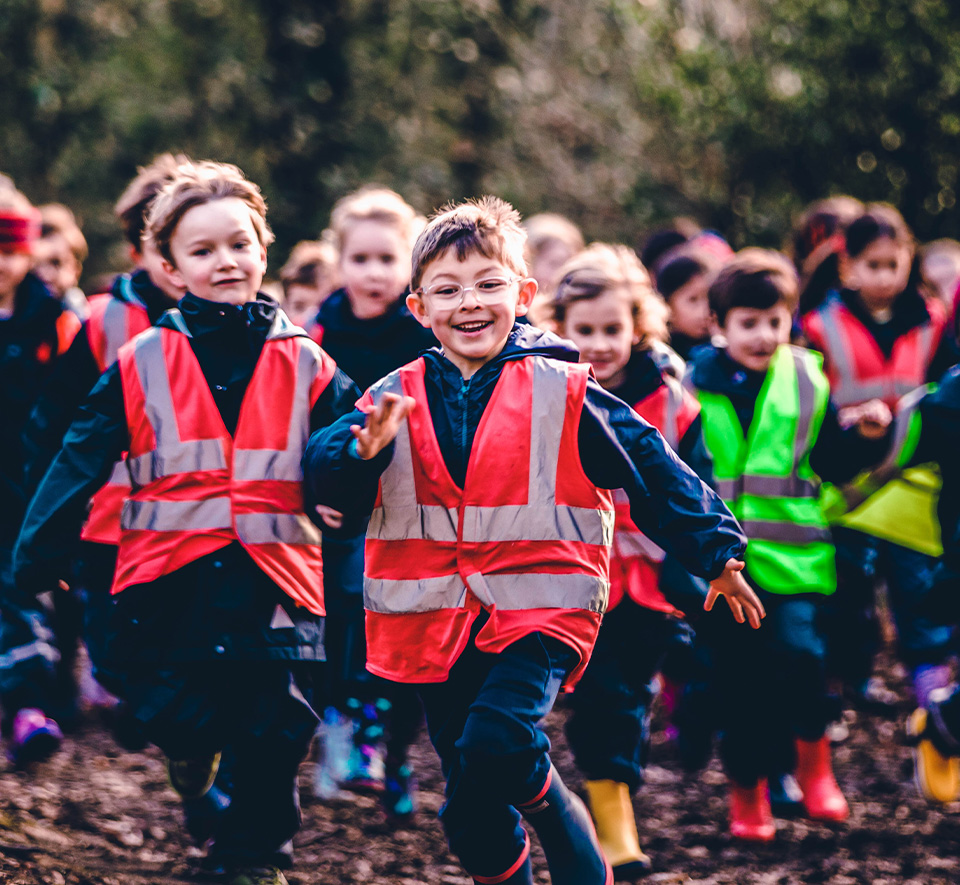
Digital resources enable us to provide purposeful and engaging ‘blended learning’ opportunities for our pupils. We use a wide range of apps and websites to deepen our pupils’ understanding and to develop their competencies, so that they can navigate complex media and environments that are rich in technology. Our digital strategy ensures that all pupils have access to a mobile device to create, share and invent within and beyond their classroom environment. Pupils from Year 3 onwards are provided with one-to-one devices to enhance, rather than replace, traditional resources.
Thomas’s London Day Schools are pleased to be recognised as an Apple Distinguished School for the years 2022-2025 to find out more please click here.

Learning through play allows our pupils to question, be resilient, to make links and to reflect on everything that they do as active learners. Children have a high degree of autonomy over their learning, whilst being supported and challenged. They can make choices, be creative, solve problems, form good relationships with their peers and teachers and develop their own personalities. Lorem
Prime Areas:
Personal, Social & Emotional Development
Physical Development
Communication & Language
Specific Areas:
Literacy
Mathematics
Expressive Arts & Design
Understanding the World

Outdoor education offers children unique opportunities and experiences which cannot be taught within the constraints of their daily routines and surroundings. Pupils participate in regular, frequent, challenging, enjoyable and safe opportunities to learn outdoors, with a positive impact on every individual who takes part, making Thomas’s a happier, stronger community.
Bushcraft, climbing, sailing, watersports, navigation and First Aid training are taught as pupils strengthen their understanding and respect for the outdoors. Younger pupils learn an appreciation of nature and to work collaboratively or independently, solving demanding problems which enhance their communication, collaboration and critical thinking skills. Older pupils face realistic challenges and scenarios where the emphasis is on collective problem solving, leadership and teamwork.
Thomas's Daheim